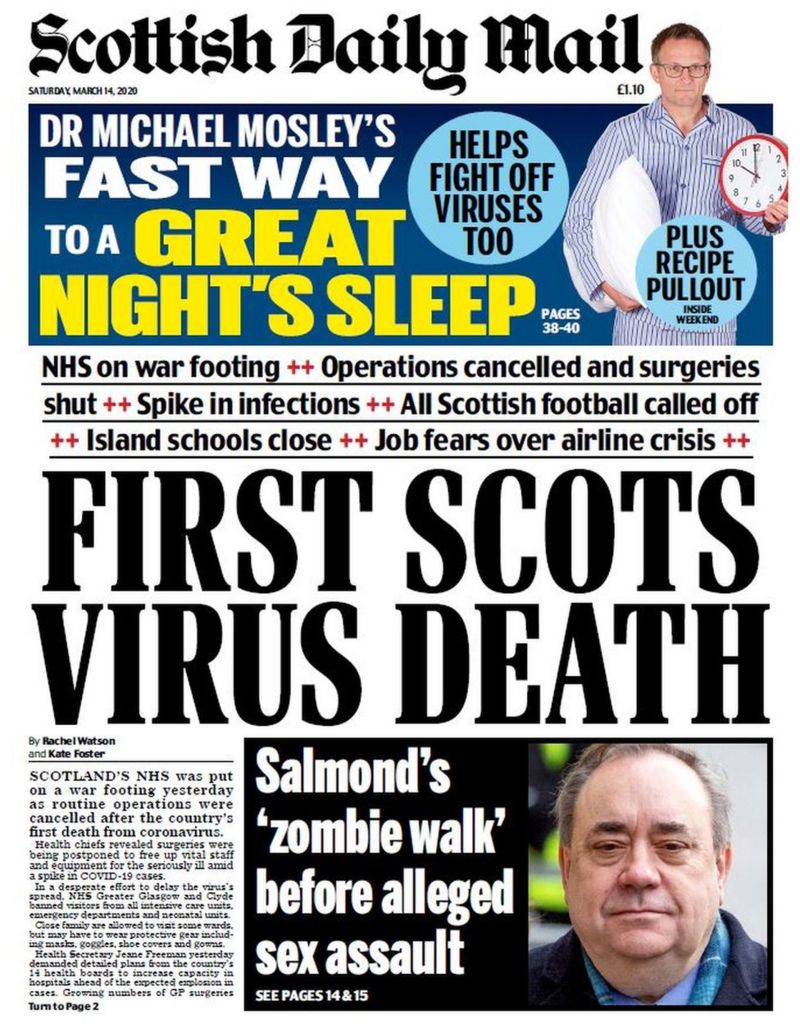

The UN relocated and evacuated staff from Khartoum and other locations over the past week, who will continue to work remotely, whether from inside Sudan or in other countries. The fighting has also forced the UN to essentially halt all aid operations in a country where nearly 16 million people, roughly one third of the population, already were in need. Others are sheltering in the Central African Republic, Egypt, Ethiopia, Libya and South Sudan, often among already vulnerable communities. Hundreds of people have been killed, and thousands have been fleeing, including to neighbouring Chad, where some 20,000 Sudanese have found refuge. However, hopes shattered two weeks ago when fighting erupted between the regular Sudanese army, led by General al-Burhan, and paramilitary forces under General Dagalo, known as the RSF. The Trilateral Mechanism has been facilitating talks since May 2022 which resulted in an agreement towards restoring civilian rule, signed that December. A power-sharing government that brought together military and civilian leaders was also toppled in a coup in October 2021. Sudan has been undergoing a turbulent transition to civilian rule in the wake of the April 2019 overthrow of President Omar al-Bashir. “This ceasefire would also pave the way for talks between both sides towards the establishment of a permanent cessation of hostilities,” they added. The UN “relief chief” said a shipment with five containers of intravenous fluids and other emergency supplies is currently docked in the city of Port Sudan, located on the Red Sea coast, awaiting clearance by the authorities. We are exploring urgent ways to bring in and distribute additional supplies.” "Massive looting of the offices and warehouses of humanitarian organizations has depleted most of our supplies. “The United Nations and our partners are doing our best to reboot the humanitarian response in the country," he said.

Griffiths warned in a separate statement, underscoring the need to stop the fighting.Įssential goods are becoming scarce, especially in the capital, Khartoum, and families are struggling to access water, food, fuel and other critical supplies.įurthermore, vulnerable people are unable to leave worst-hit areas as transportation costs have risen exponentially, while those injured in the violence are finding it difficult to access urgent healthcare. The humanitarian situation in Sudan “is reaching breaking point,” Mr. The UN again urged the warring sides to protect civilians and civilian infrastructure, allow safe passage for civilians fleeing hostilities, and respect humanitarian workers and assets.


 0 kommentar(er)
0 kommentar(er)
